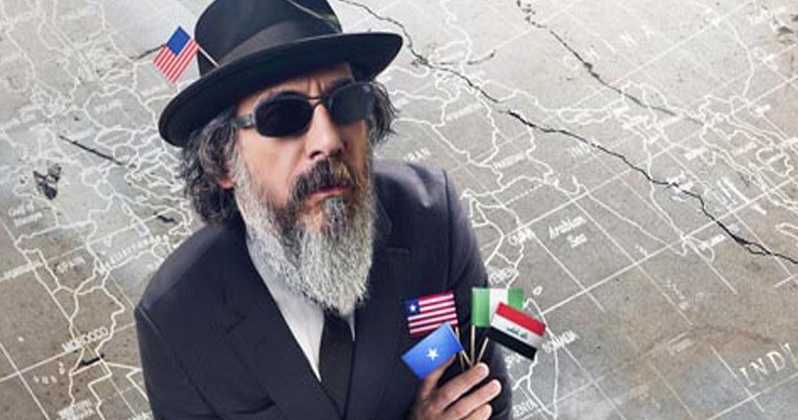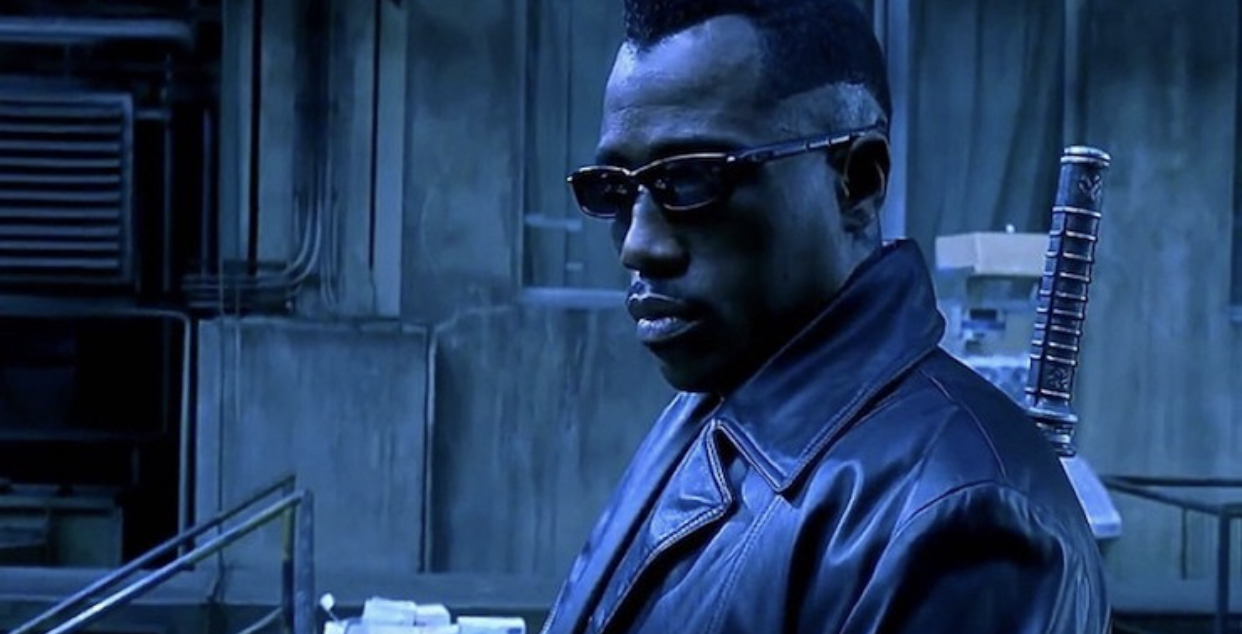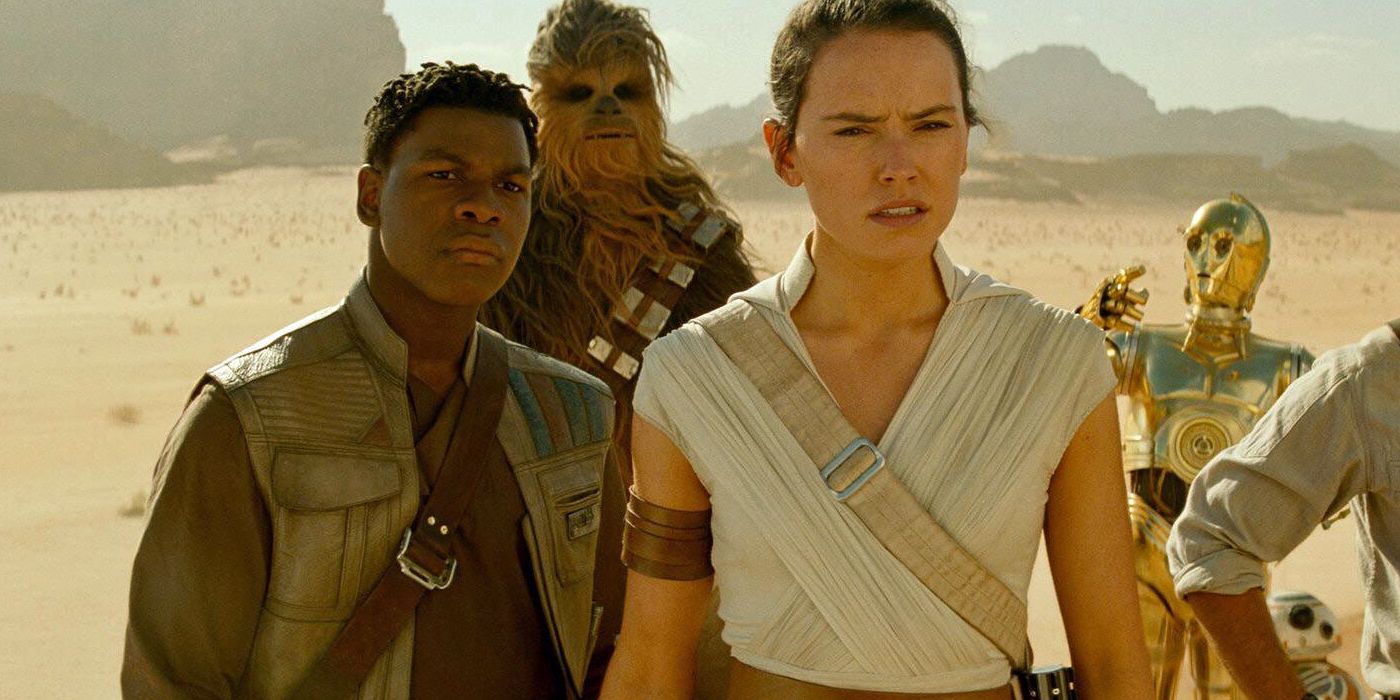It’s a very dangerous world out there. We hope comedy can unite us. But, there are several comedians around the world who are risking their own lives and close ones for humor.
In the Netflix’s Larry Charles’ Dangerous World of Comedy, well-respected comedian Larry Charles created a docu-series as he travelled around the world to search for humor in the most unusual, unexpected places.
His doc-series allowed him to search for comedians in areas of Iraq, Somalia, Nigeria and even Saudia Arabia.
The four-part docu-series is now streaming on Netflix.
Charles has produced and/or written on shows such as The Comedians, Curb Your Enthusiasm, The Tick, Mad About You and Seinfeld. He had also directed movies The Dictator, Bruno and Borat.
LRM Online had an exclusive interview the night before the Netflix launch date last week.
Read our exclusive interview below.
LRM: Let me start with the easy question. What motivated you to do this documentary series?
Larry Charles: I’ve been in a lot of wild places over the course of the last decade or so. I was once in Morocco and did a movie with Nicolas Cage. While we were there casting, Morocco is a Muslim country. It is a monarchy. It has a lot of very, very strict rules about things and breaking those rules. Rules will create tremendous problems for people. Yet, at the same time, I wound up meeting a lot of comedians there. working at Marrakech. While we were there, they had a comedy stand up festival. I was working. I didn’t get much of a chance to really talk to people about this.
I was very, very curious. I realized in every country I’ve been in there were comedians. Some of those countries have equally oppressive regimes. I started Googling comedy and the craziest countries I think of. Sure enough, each country no matter on how crazy the place was, there were comedians there. We don’t know anything about this world of comedy at all by trying to make comedy in places where nothing really funny. I thought that’s an interesting contrast for me to explore, because I get to come home from these countries and I’m rewarded. These people are forced to stay there and sometimes pay a price for doing comedy there. It seemed like something valuable that I could do. I was looking to make something that has some significance, some impact. This just kind of coalesced with those other urges and desires.
LRM: Which country was your first target to basically explore?
Larry Charles: The first country, which we wound up going to, was with Somalia if I was to name the most dangerous place in the world. This is a few months ago. It’s still true by the way. There was a lot of competition and with always new competition. Overall, if you think about the most dangerous place over the last decade, a lot of people would say Somalia. It’d be hard pressed to really top Somalia. The other place was Syria actually. Syria, we were not allowed to go into. Somalia, initially, we were not allowed to go through. Security situations shifted there temporarily and then shifted back after we left.
LRM: Throughout your entire journey, you weren’t in any extreme danger. Am I correct?
Larry Charles: No, I don’t agree with that at all. I was Kirkuk, Iraq, during the fall of Mosul, which is the next town over. You’re in war zones. I’m in armored car sometimes. I have to have security sometimes. There are many factions in a country like Iraq or Mogadishu, Somalia or being in Saudi Arabia talking to people about a controversial comedy. You hear about what goes on in Saudi Arabia.
Those places are dangerous and real. I was somewhat of an interloper in all those places. In Nigeria, the Boko Haram are the practicing there. In Somalia, I talked to an Al-Shabaab member. In Iraq, I talked to an ISIS prisoner. I needed to put myself in those situations. I’m not a reckless person. I don’t have a death wish. Nothing like that at all. I felt like if I was going to do justice to the story and have it be authentic–I had to go into these dangerous places.
LRM: Wow. I’m actually surprised that a person like yourself would risk life and limb just for the name of comedy.
Larry Charles: Hopefully, it’s using comedy as a vehicle. It’s really in the name of humanity. I see the world becoming so cold and isolated. This was my attempt to try to bridge that gap a little bit. Sort of connect these seemingly different worlds that are actually very similar.
LRM: Throughout your entire discovery, did you notice that a lot of comedians tend to refrain from themselves from their jokes or they tend to go ahead with their jokes but in secret by hiding?
Larry Charles: Believe it or not, there are different kinds of versions of this. It depends on the the regime and where they’re situated. In a lot of these countries, there is the equivalent of the Daily Show. It’s a very cheap show to produce. It has news events. You’re making fun of current events, the leaders, and even the terrorists. For instance, the version of that done for Iraq, the host of that, Ahmed Albasheer, who’s on the show. He’s under constant threat, because he is making fun of the government. He’s making fun of terrorists. He can’t even do the show in Iraq anymore. It’s not safe there anymore for him. There’s version like that.
I’ve interviewed a guy in Saudi Arabia. He was considered as the Seinfeld of Saudi Arabia. His wife was arrested as one of the women driving activist. After I interviewed him, recently, he was arrested and hasn’t been heard from again. In Somalia, Mogadishu, I talked to a comedian, who’s kind of a partner in crime in comedy, was assassinated by unknown assassins. In Mogadishu, everybody’s got a gun. You just don’t know who’s side is people are on. We don’t know who anybody is. There was a lot of crucial turmoil in these communities have to go through in order to do their thing.
LRM: Wow. I didn’t realize these comedians risk their own lives. Why would they continue to do this in the sake of comedy? Did you discover?
Larry Charles: I don’t think it’s for the sake of comedy. I think comedy is the vehicle. I think for them it’s for the sake of freedom. The one thing I learned that I didn’t anticipate learning is that they want democracy. They want freedom. And because of that, they are willing to fight for it. They’re willing to hold onto it at all costs. We in this country had become very complacent about those values. It was inspiring to see people feel that it was more important than their own self interests. That the country’s future is more important than their own self interest. They were able to use comedy, because these are countries where people are desperate to hear something like this. They were using comedy to further that idea of the healing of the rules of the worst and the building a new future. Using comedy as a vehicle for all of those very ambitious agendas.
LRM: You’re saying even though this comedy is all over the world, a lot of them still use comedy like in this country to criticize political leaders and that’s probably the danger of it.
Larry Charles: There are numerous dangers. In Liberia, they are critical of their leaders and critical of the corruption. It is also war zone. There was a civil war that everybody [was endangered]. In Iraq, it was the same thing. In Somalia, it was the same thing. You have people not just in danger because they are saying political things, although that’s true. You also have people who are in danger, literally leaving the house, getting to the place of work, protecting their children, because there’s a war going on. There were terrorists. There were soldiers. There were explosions and violence everywhere. Every single person that I met, virtually, who was a comedian in the war zones like Iraq or Somalia, every single one of them have been either in prison, tortured or have family members who had been killed. Some of them even had all of those things. The danger comes not just to what they say, but in just living and being a comedian in a place like Iraq.
LRM: How did it came about that Netflix was going to be your vehicle to spread this message?
Larry Charles: You go in and you pitch projects. You hope that you meet an ear that is responsive to your thoughts. I went to Netflix. They just really immediately responded to the idea. They saw what I saw. When that happens, it’s a very easy process to get the show made. Not the actual shooting of the show, that was very difficult. In terms of getting a green light to go ahead and make a show like this, it was very simple with Netflix. They really saw it immediately. They encouraged and supported at all of the way.
LRM: Well, since you brought up about the production, how was shooting the docu-series around the world? How difficult was it?
Larry Charles: I did a documentary called Religulous with Bill Maher. Even doing Borat, I relied on a very, very small crew that I could possibly squeeze it to get the job done. On this, I apply the same techniques. I want to make a smaller footprint as possible. I wanted to be able to kind of slip into places and get footage that you wouldn’t get. It’s just to be cool about it, so people aren’t freaked out when there’s a crew there. I only have one camera man. I only have one sound man. There were two producers, one who was kind of coordinating all the travel, which is very, very complicated. That was about it. We really traveled as a very small group and very low key. It inconspicuous and that was the way to be able to give them to places. Other thing you must do, which is true with all movies with foreign countries, you must hookup and connect with local people. That could help connect you to other local people so that you can get interviews and footage of things that would make it worthwhile to be there. It is based on research that was done while were here in Los Angeles.
LRM: How did you choose your subjects that you want to portray and to interview for your documentary? I assume like a lot of them probably isn’t easily searchable on the Internet.
Larry Charles: Well, what happened was that a lot was searchable, amazingly enough. Even in Somalia, you can watch videos from the Somalian comedians. They’re available. They are YouTube and have their own channels. There’s a lot of sophisticated use of the technology in almost all of these places. Mogadishu does not have a standup venues. It doesn’t even have a choice in terms of television watching. People turns social media to do a lot of their comedy. In Saudi Arabia, women are not really allowed to participate in live stand up comedy, which is kind of a new phenomena there. The whole idea standup is new there. But, it’s male only as of now. There are women comedians in Saudi Arabia, who I had interviewed. They mostly are using the social media and even reaching millions of people. They’re bypassing mainstream media and reaching millions of people at the same time.
LRM: One last question for you, when people do actually start to check your docu-series on Netflix, what is the one key lesson that you hope that people would learn after watching your show?
Larry Charles: That’s the world that we don’t know is very similar to the world that we think we know. Our world is similar to everybody else’s world. Our needs, our desires, our dreams are similar to virtually everybody around the world. People want safety, security for their family, food on the table and a job. People want to live. If we put ourselves in the shoes of the people who are in need of a show, we would totally understand on what it is like to live there.
LRM: Excellent answer. Thank you very much, Larry. I appreciate you taking your time speaking with me the night.
Larry Charles: I appreciate it. Thank you very much. Great to talk to you. Thank you.
Source: LRM Online Exclusive

 FOR FANBOYS, BY FANBOYS
Have you checked out LRM Online’s official podcasts and videos on The Genreverse Podcast Network? Available on YouTube and all your favorite podcast apps, This multimedia empire includes The Daily CoG, Breaking Geek Radio: The Podcast, GeekScholars Movie News, Anime-Versal Review Podcast, and our Star Wars dedicated podcast The Cantina. Check it out by listening on all your favorite podcast apps, or watching on YouTube!
Subscribe on: Apple Podcasts | Spotify | SoundCloud | Stitcher | Google Play
FOR FANBOYS, BY FANBOYS
Have you checked out LRM Online’s official podcasts and videos on The Genreverse Podcast Network? Available on YouTube and all your favorite podcast apps, This multimedia empire includes The Daily CoG, Breaking Geek Radio: The Podcast, GeekScholars Movie News, Anime-Versal Review Podcast, and our Star Wars dedicated podcast The Cantina. Check it out by listening on all your favorite podcast apps, or watching on YouTube!
Subscribe on: Apple Podcasts | Spotify | SoundCloud | Stitcher | Google Play




